
Bridging Languages and Cultures
Studying and working abroad can broaden one’s horizons – both professionally and personally. This is why global exchange programmes and partnerships are strategically important for universities and their employees. With Erasmus+, the world’s largest higher education funding programme, University employees in all areas can apply for project funding, participate in two- to seven-day training courses or complete teaching assignments abroad. The University of Münster’s International Office advises and supports both academic and non-academic staff in all staff mobility matters. A distinction is made between stays in EU countries and worldwide partner countries such as Cuba, Israel, the USA or Uzbekistan. In the following, two employees report on their experiences abroad.
Event information:
The International Office is offering an information event on short stays in EU countries for non-academic staff (MTV) on 21 January and for academic staff on 26 January 2026. The next application deadlines for Erasmus+ funding for stays in Europe are 1 February and 1 October 2026.
Contact: staff.mobility@uni-muenster.de
Enriching encounters in Georgia
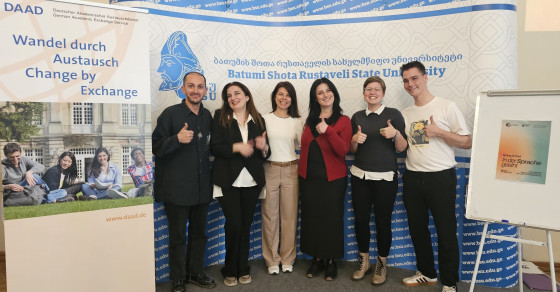
As coordinator for international exchange, I was responsible for the programme’s organisation and content. I was supported by my institute colleagues, the International Office of the University of Münster, the partner universities and the German Academic Exchange Service's lectorate in Georgia.
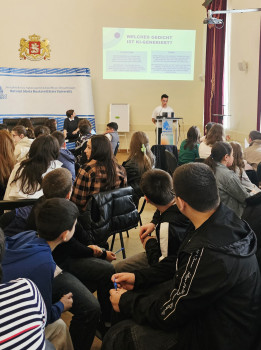
In Georgia, you quickly learn that flexibility is everything. When we were suddenly confronted with many more students than had registered, we had to quickly swap rooms and adapt our workshops. A caretaker came at short notice on a Sunday to help us with the preparations. I was impressed by everyone’s creative and uncomplicated cooperation and willingness to volunteer – it showed me what is possible when everyone pulls together.
International exchange can only succeed if it is organised openly and collaboratively. This experience has shaped how I advise my students: I am more sensitive to different perspectives, encourage them to spend time abroad and, together with my team, work to strengthen a counselling culture that regards encounters as enriching.
Albina Haas, coordinator for international exchange at the German Studies Department
English as a sign of appreciation
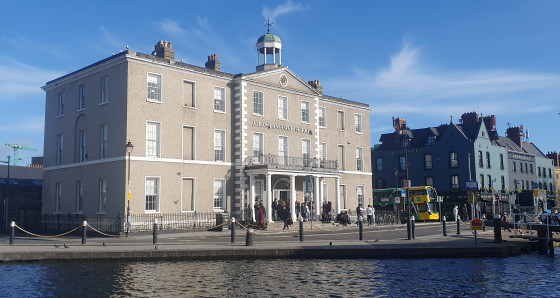
The 26-hour course at a language school in Dublin was aimed specifically at university staff. As I was travelling in the off-season, I unfortunately didn’t get to meet any other university employees. Nevertheless, the contact with language students from South America, Asia and European countries was enriching. At my language school, the course seemed to be the ‘most important secondary matter’. The most important thing for the teachers was to encourage socialising through joint excursions, visits and afternoon discussion sessions. It was therefore very easy to speak English from breakfast in the morning to pub visits in the evening.
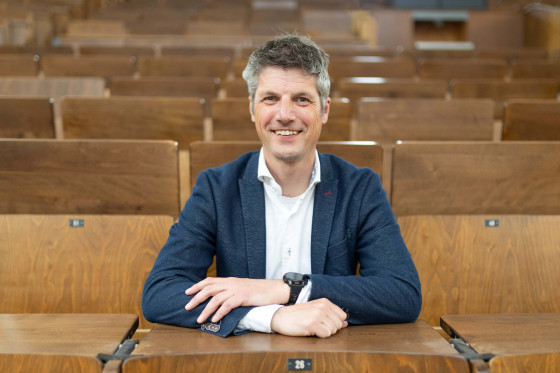
If you want to improve your language skills, I highly recommend an Erasmus+ stay. My teachers really enjoyed playing with words and communicating their love of English. When learning is fun, using the language is sure to follow.
Stefan Peters, head of Strategic Space Management and Project Development
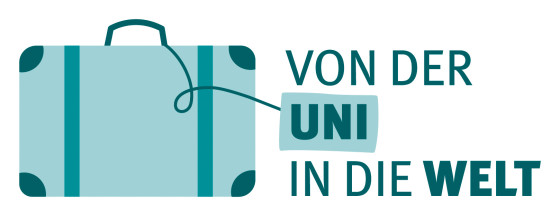
Always stewing in your own juice, blinders on during the learning marathon, researching without contact to the outside world? Not at the University of Münster! The university values internationality and a cosmopolitan atmosphere. Anyone who spends time researching or teaching abroad comes back with lots of stories to tell. We share some of them in this series.
This article is from the university newspaper wissen|leben No. 7, November 5, 2025.
Further information
- Stays in Europe with Erasmus+
- Erasmus+ with partner countries
- Strategic Partnership Münster-Georgia
- Information on funding on the intranet
- Funding for university partnerships via the DAAD
- The November issue of the university newspaper as a PDF (only in German)
- All issues of the university newspaper at a glance (only in German)
